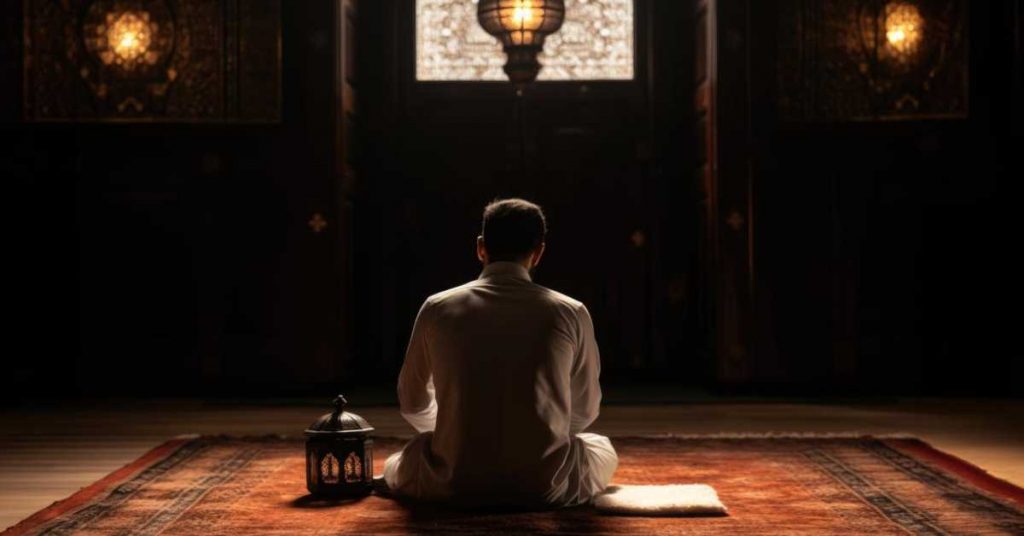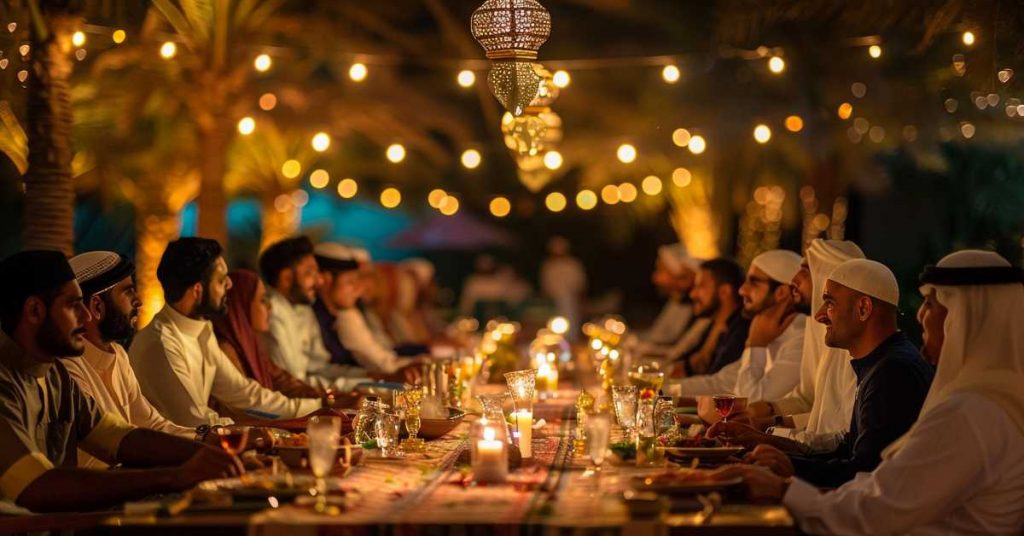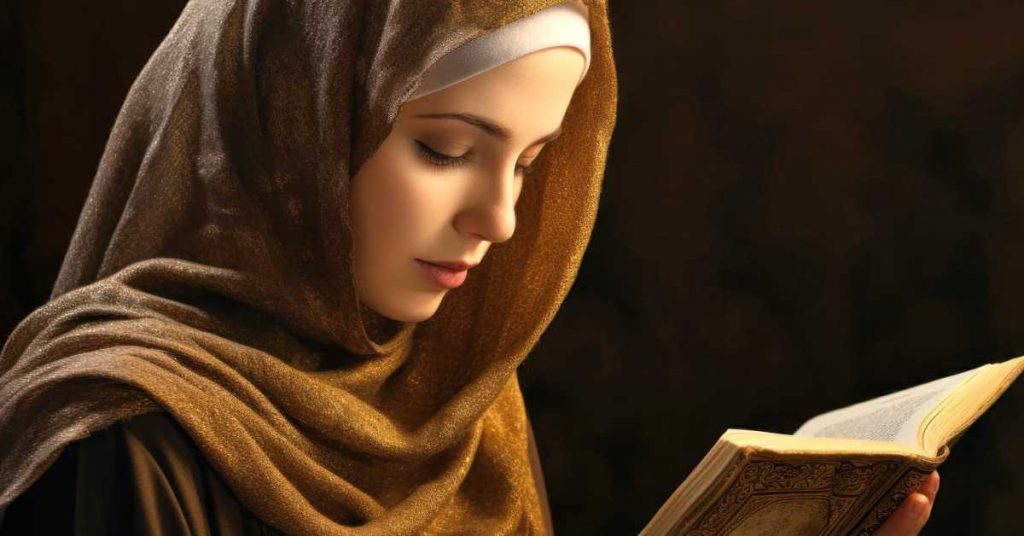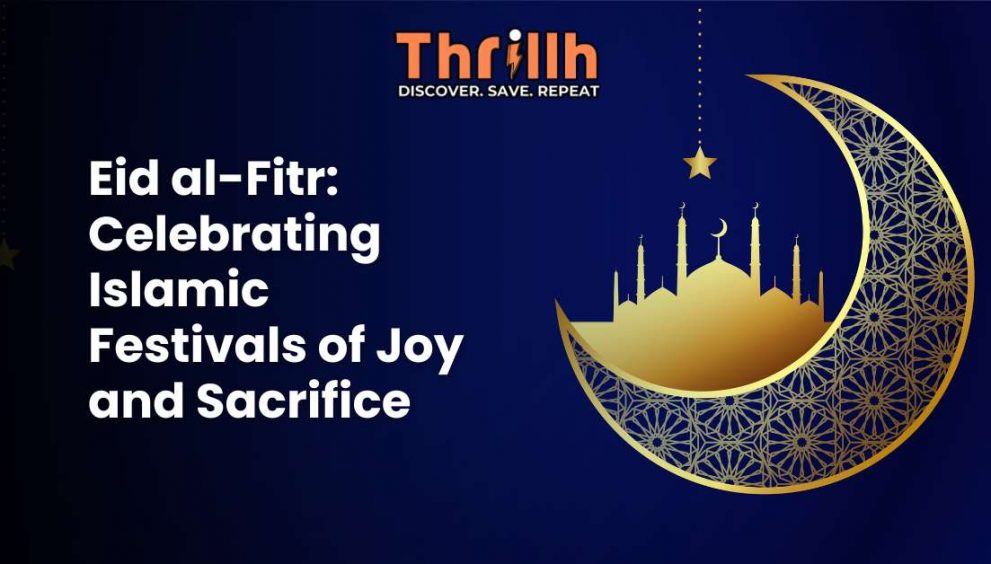Introduction to Ramadan
Ramadan, also known as Ramazan or Ramathan, holds a significant place in the Islamic calendar as the holiest month. It’s a time of fasting, prayer, reflection, and community for Muslims worldwide.
Meaning and Significance
The word Ramadan comes from the Arabic root “ramad,” which means scorching heat or dryness. This name signifies the spiritual heat generated by fasting and devotion during this month. Ramadan is not just about abstaining from food and drink but also about purifying one’s soul, enhancing self-discipline, and strengthening the bond with Allah.
History and Origins
Early Beginnings
The practice of fasting in Ramadan dates back to the time of Prophet Muhammad (peace be upon him). It was during the month of Ramadan that the first verses of the Quran were revealed to him by the angel Gabriel, marking the beginning of Islam.
Islamic Tradition
Ramadan is the ninth month of the Islamic lunar calendar, and its observance is one of the Five Pillars of Islam. It commemorates the month-long fast observed by Muslims worldwide in accordance with the commandments of Allah as revealed in the Quran.
Fasting in Ramadan
Rules and Practices
During Ramadan, Muslims fast from dawn until sunset, refraining from food, drink, smoking, and marital relations. The fast is broken each evening with a meal called Iftar, often beginning with dates and water, followed by a larger meal.
Spiritual Significance
Fasting during Ramadan is not just an act of physical abstinence but also a spiritual practice aimed at developing self-discipline, empathy for the less fortunate, and gratitude for blessings. It is a time for introspection, repentance, and seeking forgiveness.
Community and Fellowship
Taraweeh Prayers

In addition to fasting, Muslims engage in extra prayers called Taraweeh, performed each night during Ramadan. These prayers foster a sense of community and unity among believers as they come together in mosques to worship and recite the Quran.
Iftar Gatherings

Iftar, the breaking of the fast, is a communal event where families, friends, and neighbors gather to share a meal and strengthen bonds of friendship and brotherhood. It is a time of joyous celebration and feasting after a day of fasting.
Charity and Giving
Zakat and Sadaqah
Ramadan emphasizes the importance of charity and giving to those in need. Muslims are encouraged to give Zakat, a form of obligatory almsgiving, and Sadaqah, a voluntary charity, to support the less fortunate and needy members of society.
Importance in Ramadan
The act of giving in Ramadan is believed to be more rewarding, and many Muslims choose this month to fulfill their annual Zakat obligations or engage in additional acts of charity, seeking spiritual rewards and blessings.
Spiritual Reflection and Renewal
Quran Recitation

Ramadan is a time for increased devotion to the Quran, with Muslims striving to read and recite the holy book in its entirety during the month. The Quranic recitations during Ramadan hold special significance and blessings.
Night of Power (Laylat al-Qadr)
Laylat al-Qadr, or the Night of Power, is considered the holiest night of the year in Islam, occurring in the last ten days of Ramadan. It is believed to be the night when the Quran was first revealed to Prophet Muhammad and is a time of intense prayer and supplication.
Family and Traditions
Special Foods and Recipes
Ramadan is also a time for culinary traditions, with special foods and recipes enjoyed during Iftar and Suhoor, the pre-dawn meal. Each culture and region has its own traditional dishes and delicacies associated with Ramadan.
Cultural Celebrations
Throughout Ramadan, communities engage in various cultural celebrations and festivities, including street decorations, family gatherings, and special events. These traditions help foster a sense of belonging and unity among Muslims worldwide.
Challenges and Rewards
Physical and Mental Health
Fasting during Ramadan can present challenges, both physically and mentally, as individuals adjust to changes in their daily routines and dietary habits. It requires discipline, patience, and self-control to maintain energy levels and focus throughout the day.
Spiritual Growth
Despite the challenges, Ramadan offers immense rewards and opportunities for spiritual growth and self-improvement. It is a time for reflection, repentance, and renewal, allowing Muslims to strengthen their faith and draw closer to Allah.
Global Observance of Ramadan
Diversity of Practices
Ramadan is observed by Muslims of diverse cultures, languages, and traditions around the world. While the basic tenets of fasting and prayer remain the same, there are variations in customs, rituals, and cultural practices associated with Ramadan.
Common Traditions
Despite these differences, certain traditions are common across Muslim communities during Ramadan, including the recitation of the Quran, increased acts of charity, and the emphasis on family, community, and spiritual reflection.
Ramadan vs. Ramazan: Exploring the Differences
Ramadan and Ramazan are both significant religious observances in the Islamic faith, marked by fasting, prayer, and reflection. However, there are subtle distinctions between the two that are worth exploring.
What is the difference between Ramadan and Ramazan?
The primary difference lies in the language and cultural variations. “Ramadan” is the Arabic term, while “Ramazan” is its Turkish counterpart. Despite the linguistic variance, both terms refer to the same holy month in the Islamic calendar.
What does Ramazan mean in Turkish?
In Turkish, “Ramazan” carries the same meaning as “Ramadan” in Arabic. It denotes the ninth month of the Islamic lunar calendar, during which Muslims fast from dawn to sunset as an act of devotion and obedience to Allah.
What is a Ramazan festival day?
A Ramazan festival day, also known as Eid al-Fitr, marks the end of Ramadan and the beginning of Shawwal, the next lunar month. It is a joyous occasion celebrated by Muslims worldwide with prayers, feasting, and acts of charity.
Why do some people say Ramazan?
The usage of “Ramazan” instead of “Ramadan” is primarily influenced by linguistic and cultural factors. In regions where Turkish is spoken or has cultural significance, such as Turkey and parts of Central Asia, the term “Ramazan” is commonly used to refer to the holy month.
Exploring Eid al-Fitr: Customs and Traditions
Eid al-Fitr, also known as the Festival of Breaking the Fast, is a significant religious holiday celebrated by Muslims around the world. It marks the end of Ramadan and is a time of joy, gratitude, and communal gatherings.
Eid al Fitr India: Celebrating Diversity
In India, Eid al-Fitr is celebrated with great enthusiasm and diversity. Muslims across the country come together to offer special prayers known as Eid Namaz and exchange heartfelt wishes and greetings.
Eid al Fitr Wishes: Spreading Joy and Blessings
During Eid al-Fitr, it is customary to exchange greetings and good wishes with friends, family, and neighbors. Messages of peace, love, and prosperity are shared, strengthening bonds of kinship and community.
Eid al Fitr Namaz: A Symbol of Unity
One of the highlights of Eid al-Fitr is the congregational prayer known as Eid Namaz. Muslims gather in mosques or open spaces to perform this special prayer, which is a symbol of unity, solidarity, and gratitude.
How Eid al-Fitr is Celebrated: Festivities and Feasting
Eid al-Fitr is celebrated with a variety of customs and traditions, including wearing new clothes, giving gifts to children, and indulging in delicious festive foods. It is a time of joyous celebration and thanksgiving for the blessings of Ramadan.
Who Celebrates Eid: Embracing Diversity
Eid al-Fitr is celebrated by Muslims of all backgrounds and cultures worldwide. It is a time when people come together, regardless of differences, to share in the joy and blessings of the holiday.
How Many Eid are There in a Year: Understanding Islamic Festivals
In Islam, there are two main Eid festivals celebrated annually: Eid al-Fitr and Eid al-Adha. Eid al-Fitr marks the end of Ramadan, while Eid al-Adha commemorates the willingness of Prophet Ibrahim to sacrifice his son as an act of obedience to Allah.
Where is Eid al-Fitr Celebrated: Global Observance
Eid al-Fitr is celebrated in Muslim-majority countries and communities around the world. From the bustling streets of Cairo to the serene mosques of Indonesia, Muslims come together to mark the end of Ramadan with prayer, feasting, and festivities.
When Does Eid al-Fitr Start: Determining the Date
The date of Eid al-Fitr is determined by the sighting of the new moon, signaling the end of Ramadan. It falls on the first day of Shawwal, the next month in the Islamic lunar calendar, and varies each year depending on lunar sightings.
FAQs (Frequently Asked Questions)
Is fasting in Ramadan obligatory for all Muslims?
Yes, fasting during Ramadan is obligatory for all adult Muslims, with exceptions for certain individuals such as the elderly, pregnant or nursing women, travelers, and those who are ill or menstruating.
Can children participate in fasting during Ramadan?
While children are not required to fast, many begin practicing fasting for shorter durations as they grow older, gradually building up to full-day fasting when they reach puberty.
What is the significance of breaking the fast with dates?
Dates are traditionally eaten to break the fast because Prophet Muhammad (peace be upon him) is reported to have broken his fast with dates and water, following the example set by him.
Conclusion
In conclusion, Ramadan is a sacred month in Islam characterized by fasting, prayer, community, and charity. It is a time for spiritual reflection, self-discipline, and renewal, allowing Muslims to deepen their faith and strengthen their connection with Allah and their fellow believers.




